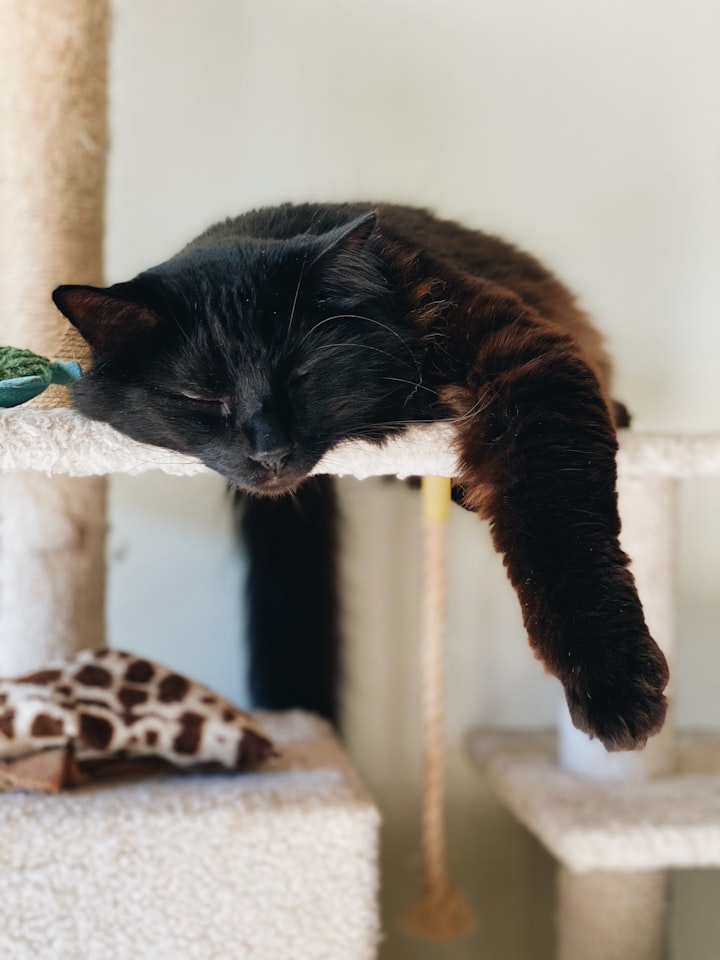
The sensation of "I want it, but do I?" appears to be permeating the present "atmosphere" of dating and relationships. I witness many couples enjoying the excitement of the city and each other while playing flirtatious games like "I love you" and "what more will you offer me" as they are truly happy as I stroll by young lovers in Paris (I'm in Paris right now). I also pass people who are talking to a buddy about how much they like this person or that person and how enthusiastic they could be about the possibility of being with them. And that got me thinking about what motivates us to seek romantic love and devotion from someone.
I observe a lot of individuals chasing, relishing, and adoring romantic love even though I read and hear a lot of negativity about dating, finding enduring love, marriage, or commitment. I don't participate in online dating, either. I observe it in Paris's streets, parks, clubs, and gathering places. in the families and couples that live in my building. on tourists' trips to France over the summer. And in the mundane of daily life, people are still holding hands as though being with someone truly fulfilling them.
Dr. Helen Fisher, an anthropologist who has researched the pursuit of romantic love in over 90 civilizations worldwide, both current and extinct, is one of the scholars on romantic love. Based on the body's four hormones—oestrogen, serotonin, testosterone, and dopamine—Dr. Fisher's study has identified the hormonal motivations and personality types associated with love.
The fact that Dr. Fisher still has no explanations for why humans pursue romantic love aside from the driving forces of hormonal cravings is what attracted me about a couple of her lectures. She has undoubtedly identified the driving forces behind romantic love, but she acknowledges that more research is needed to fully understand why people have been obsessed with it for thousands of years across all cultures and time periods. Nevertheless, her research does demonstrate that this obsession is universal across all cultures and time periods.
I observe young couples arguing and exchanging opposing opinions while cuddling and bonding in what appears to be a safe space in a world that is undergoing significant upheaval on the streets of Paris. And I think to myself that these couples are living during a time in history when there have been the most changes and inhabitants of the planet. Two individuals can participate in the most basic act of connection in their private sanctuary, where they can find isolation for themselves. They may be joyful or hopeful that this pair offers them a depth of emotion they can't get elsewhere. And because of that, they may also sense the vulnerability of telling their lover "no" or "I don't like that," only to have their partner reply by expressing a strong desire to make them happy or maintain their attachment. Then I reflect that throughout many eras of history, people have felt and believed they were stuck in the worst of circumstances. As several of its museums and landmarks attest, Paris itself has seen darker times.
Is it possible that humans need someone to feel comfortable and secure with in a society where nobody truly stands up for or appreciates them?
I've long pondered why, if we need security as adults, our mother's or father's love, if they are still living, isn't enough and why we search for a romantic love that is not the love of a close family member. Some of us don't get along with our families, so looking for a romantic partner is a terrific approach to discover someone who accepts you despite your family, celebrates you, and gives you validation.
You feel like you have an anchor to the world and a defined place in the social structures when you get into a relationship. However, if you're single or a free agent, you might unknowingly be seen as a threat to the species because your place in the tribe is undefined or unfixed. For example, you could steal a partner from a couple or create sexual competition or interest that threatens the stability of a couple. You and your partner can be viewed as a more reliable and stable "economic unit." However, if you are single, you can stand for anything that is "unknown," unclear about your objective or worldview. What drives you to operate as a lone agent?
Ironically, because partnerships these days don't endure forever, many people will now have to deal with being single for extended periods of time after being in a pair.
Do we still adhere to an outdated definition of "security" that includes being in a relationship and don't know how to go past it since we are at the end of thousands of years when "long-term relationship equals life-term relationship"?
Many of my older friends who have ended a marriage or relationship feel like they must eventually come to terms with the fact that they are OK if they are alone. And for some, they realize that it is a potent place to arrive at: a complete embrace of who they are. They are content and even pleased to be alone or by themselves.
Even yet, I continue to notice how individuals of all ages light up when they meet someone special. That is the part that still affects me.
Here are my thoughts on why I think people still believe in romantic love despite the world's politics, the environment, or the difficulties of modern dating:
A deep human need to know and experience yourself as a lovable, giving, flawed, and despite the flaws, acceptable human being who can make someone else feel the same and even provide the opportunity for that person you love to be more of who they are is satisfied when two people come together with the hope of bringing out the best in each other. And for other people, it's driven by the hope that this other person will embrace them and bring out a part of them that they simply can't locate on their own. Instead, they suspect, sense, believe, and hope that this other person will discover how to bring out this secret part of themselves.
In our adult life, there aren't many situations where we act as that for one another.
Another approach to explain romantic love is to say that the prospect of it gives us an opportunity to get close and personal with our unconscious urge and soul's yearning to uncover what is concealed from us.
I, for one, think that romance exists.
However, I don't anticipate romance to be "plain sailing" since even the finest intentions cannot fulfill the ideals of romantic love unless they are supported by some solid common sense skills on how to treat a human.
I genuinely want to know why you might think romantic love exists or why you like it.
********
Disclaimer: This post is intended to some earning and learning. Thanks for reading.
Looking for interesting online product visit here>>>
Click here for Surprise!!!
#aftabvau
About the Creator
Aftab VAU
Like to read and write. and love to gather knowladge as much as i can...






Comments
There are no comments for this story
Be the first to respond and start the conversation.